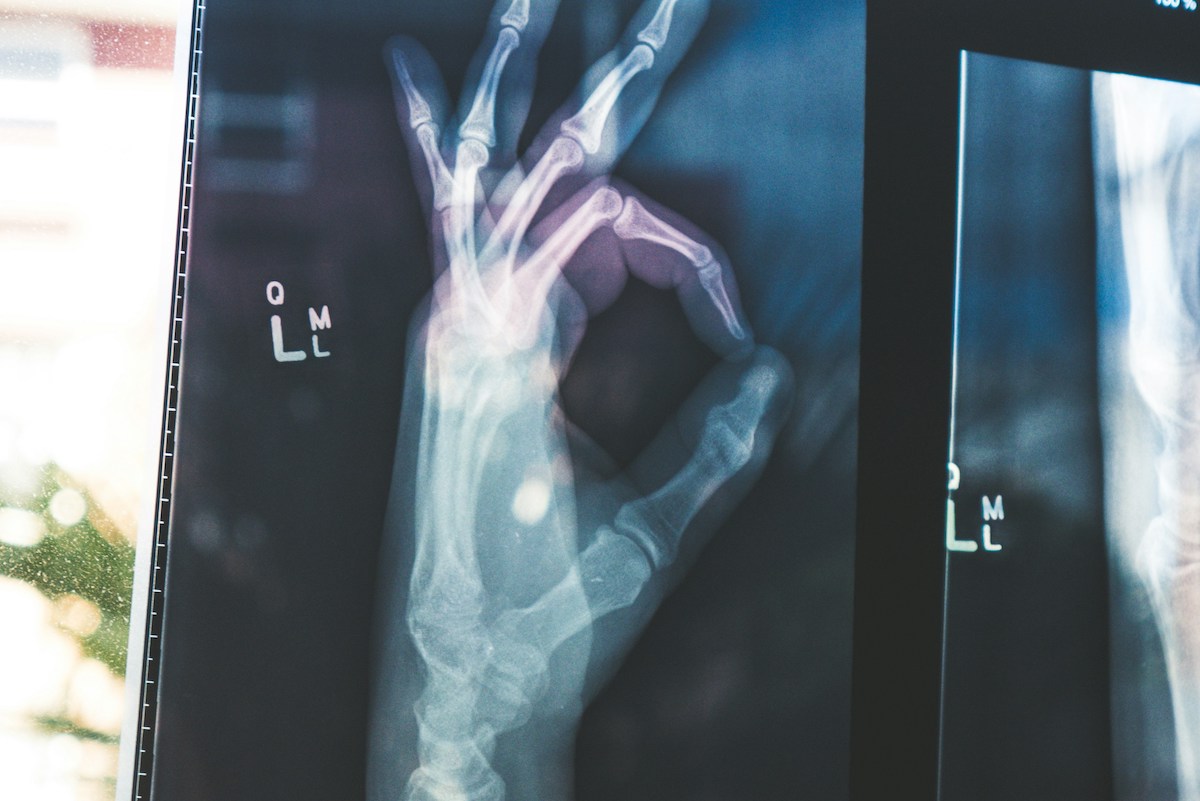When people talk about menopausal symptoms, they seem to talk only about how to handle symptoms after they’ve flared up. Are there things one can do (e.g. with diet or exercise) to change the timing of symptom onset or intensity/duration? Are there populations (e.g. in different nations, with different careers, with differing degrees of social connectedness) where menopause is milder/less disruptive to healthy sleep, mood, etc.?
—Anonymous
I think it is helpful to consider what causes the symptoms of perimenopause. During the late-reproductive stage and perimenopause, estrogen levels in the blood can be very high and very low. Because it is precipitously dropping and low estrogen that triggers many of the symptoms women experience, it follows that the way to prevent symptoms is to keep estrogen levels more stable. In fact, many women stay on birth control pills through their 40s and find that the stable levels of estrogen in the pills prevent them from having symptoms.
While all women’s estrogen levels naturally have the ups and downs of a roller coaster during this time, some women experience tons of symptoms and some experience none. Are there patterns among the women who have few symptoms that might give us ideas for how to have fewer symptoms ourselves?
The Study of Women’s Health Across the Nation (SWAN) set out to enroll a diverse group of women all over the country. The researchers have found significant racial differences in how women experience menopausal symptoms. Black women have hot flushes and night sweats more frequently, their symptoms last longer, and they are most bothered by their symptoms.
SWAN also found that smoking is associated with more symptoms during the menopausal transition. Women with anxiety, depression, or a history of abuse also report being more bothered by their symptoms. But these are associations, so there may be many confounding factors at play. Studies have found some differences in symptom reporting among different cultures, but not in the frequency of the symptoms themselves.
I do think being prepared for the symptoms of the menopausal transition and having a trusting relationship with your primary care doctor or gynecologist is helpful. Then when you do have symptoms, you have resources ready at hand.
Community Guidelines




















Log in